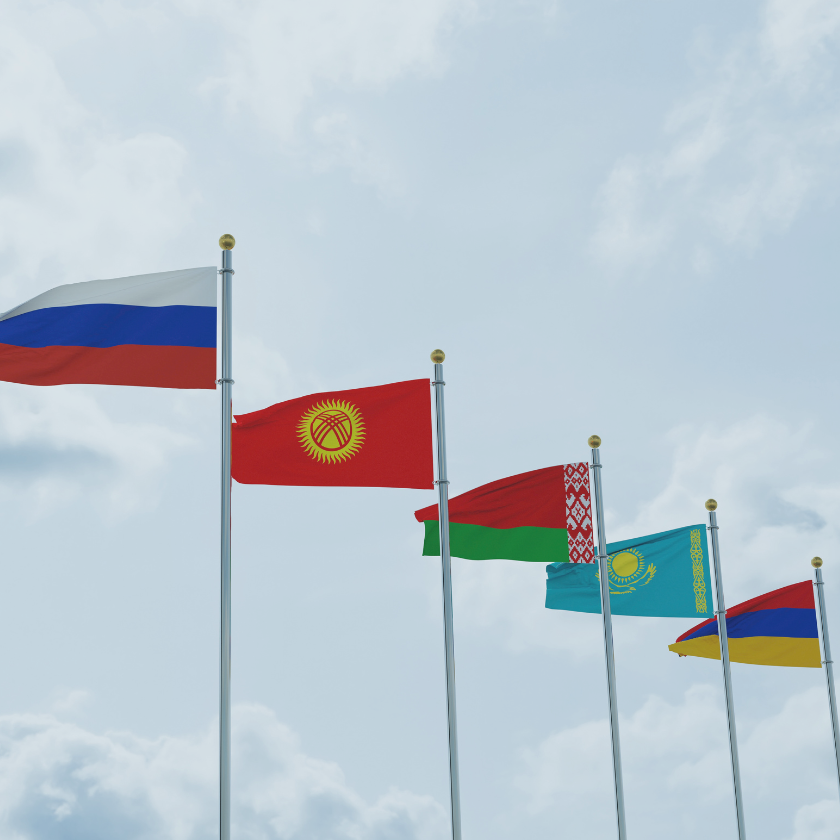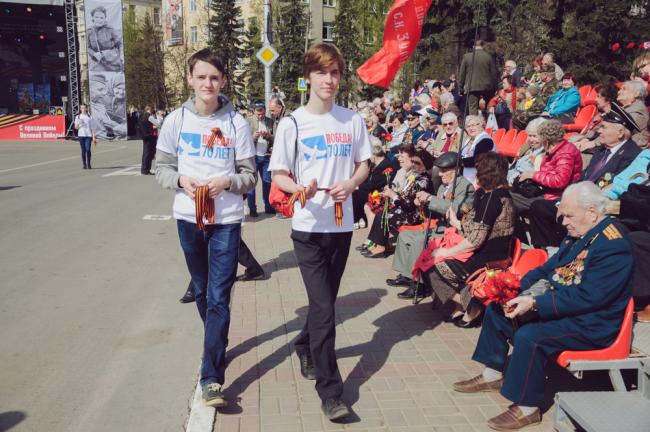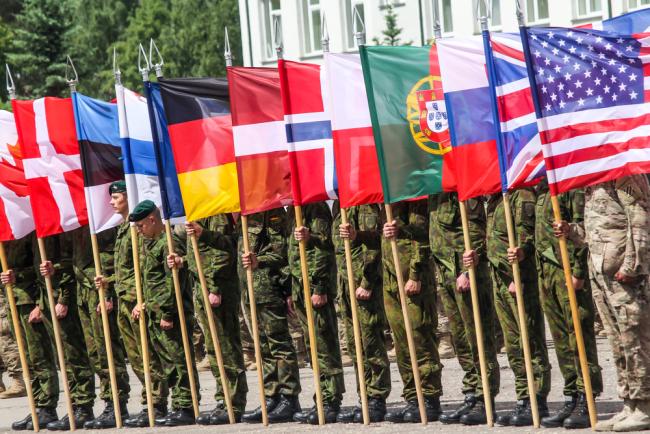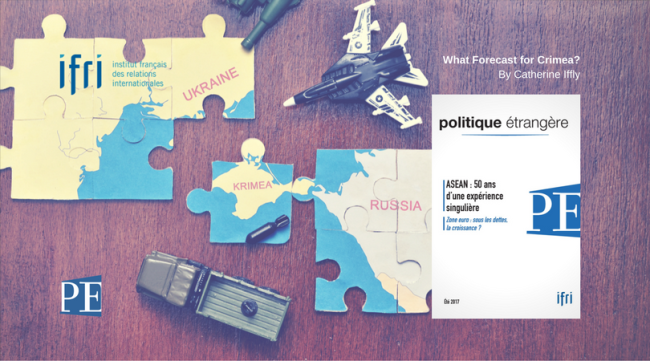Russia-Eurasia
Eurasia is undergoing profound changes. While the Soviet past has left a lasting imprint, Russia and the countries of Eastern Europe, Central Asia and the South Caucasus have their own trajectory.
Related Subjects

Mind the Deterrence Gap: Assessing Europe’s Nuclear Options
Europe must urgently confront a new nuclear reality. In recent years, Russia’s nuclear-backed revisionism has reintroduced nuclear coercion and the threat of nuclear escalation to the continent, underscoring the importance of credible nuclear deterrence. At the same time, Europe’s traditional reliance on US extended nuclear deterrence appears politically more fragile than at any point since the Cold War. Together, these developments require Europeans to think about their nuclear options.
Beyond Putin: Russia’s Generations Y and Z
Of Russia’s 146 million citizens (if we include those in Crimea), 63 million—or 43 percent—are under 34 years of age. Of these, 30 million belong to Generation Y (millennials in their 20s and early 30s), 15 million belong to Gen Z (teenagers), and a further 18 million are part of the youngest generation (less than 10 years of age).
Kremlin-Linked Forces in Ukraine’s 2019 Elections: On the Brink of Revenge?
The 2019 presidential and parliamentary elections in Ukraine take place against the backdrop of the continuing “hybrid war” with Russia, but are also marked by the visible successes of the Ukrainian leadership in strengthening the country’s defenses, reviving its economic growth and implementing pro-European policies.
China’s Ambitions in Eastern Europe and the South Caucasus
Eastern Europe and the South Caucasus have long been a blind-spot for Chinese diplomacy and economic policy. For over a decade, however, China has been laying the foundations of a long-term presence in the area, a process which has accelerated since the end of 2013 with the launch of the Belt and Road Initiative.
Moldova between Russia and the West: Internal Divisions behind the Commitment to European Integration
The traditional characterisation of Moldova as a bridge between two civilisations, Russian Orthodox and the West, seems to have become outdated.
Tailored Assurance: Balancing Deterrence and Disarmament in Responding to NATO-Russia Tension
The 2018 Nuclear Posture Review (NPR) called for tailoring assurance across America’s allies, including NATO, as part of an overall deterrence and assurance strategy.

Rival public diplomacies in the Ukrainian crisis : RT and Ukraine Today
The Ukrainian crisis has brought to light the key role played by new international networks as instruments of public diplomacy in time of war. Focusing on RT and Ukraine Today in the asymmetrical conflict between Russia and Ukraine, this article analyzes the operation and strategies of diffusion of these two media, and inquires into their antagonistic narratives and political rationales. This case study focuses on this conflict’s two dimensions of storytelling and news that several actors and observers have described as a “war of information”.

Anatomy of the Russian cultural diplomacy in the post-Soviet era
The article discusses Russia’s cultural diplomacy understandings in the post-Soviet era, as implemented since the mid-2000’s.

Nordic Countries in the Face of Russian Action in the Baltic and Kaliningrad
Nordic countries share the same perception, that Russia does not pose an immediate threat but that its actions nevertheless remain worrying.
Minsk-Beijing: What Kind of Strategic Partnership?
Sino-Belarusian relations are characterized by a gap between the quality and depth of the countries’ political partnership on the one hand, and the more limited economic reality of bilateral cooperation on the other.
What Forecast for Crimea?
Since Russia’s annexation of Crimea in 2014, the peninsula’s demographics have changed. Thousands have left and new arrivals – Ukrainians fleeing conflict in the east of their country and Russians – have moved in.
U.S.-Russia Strategic Partnership against Nuclear Proliferation: From Declaration to Action
What Expectations Can Europe Meet in Tomorrow's World?
In this special issue of Politique étrangère devoted to the proceedings of the conference organized by Ifri on April 10, 2019, in the Grand Amphitheater of the Sorbonne, on the occasion of its fortieth anniversary, discover the debate moderated by Christine Ockrent between Franziska Brantner, Jean-Louis Boulanges, Bernardino Leon, and Igor Yurgens.
Support independent French research
Ifri, a foundation recognized as being of public utility, relies largely on private donors – companies and individuals – to guarantee its sustainability and intellectual independence. Through their funding, donors help maintain the Institute's position among the world's leading think tanks. By benefiting from an internationally recognized network and expertise, donors refine their understanding of geopolitical risk and its consequences on global politics and the economy. In 2025, Ifri supports more than 80 French and foreign companies and organizations.












